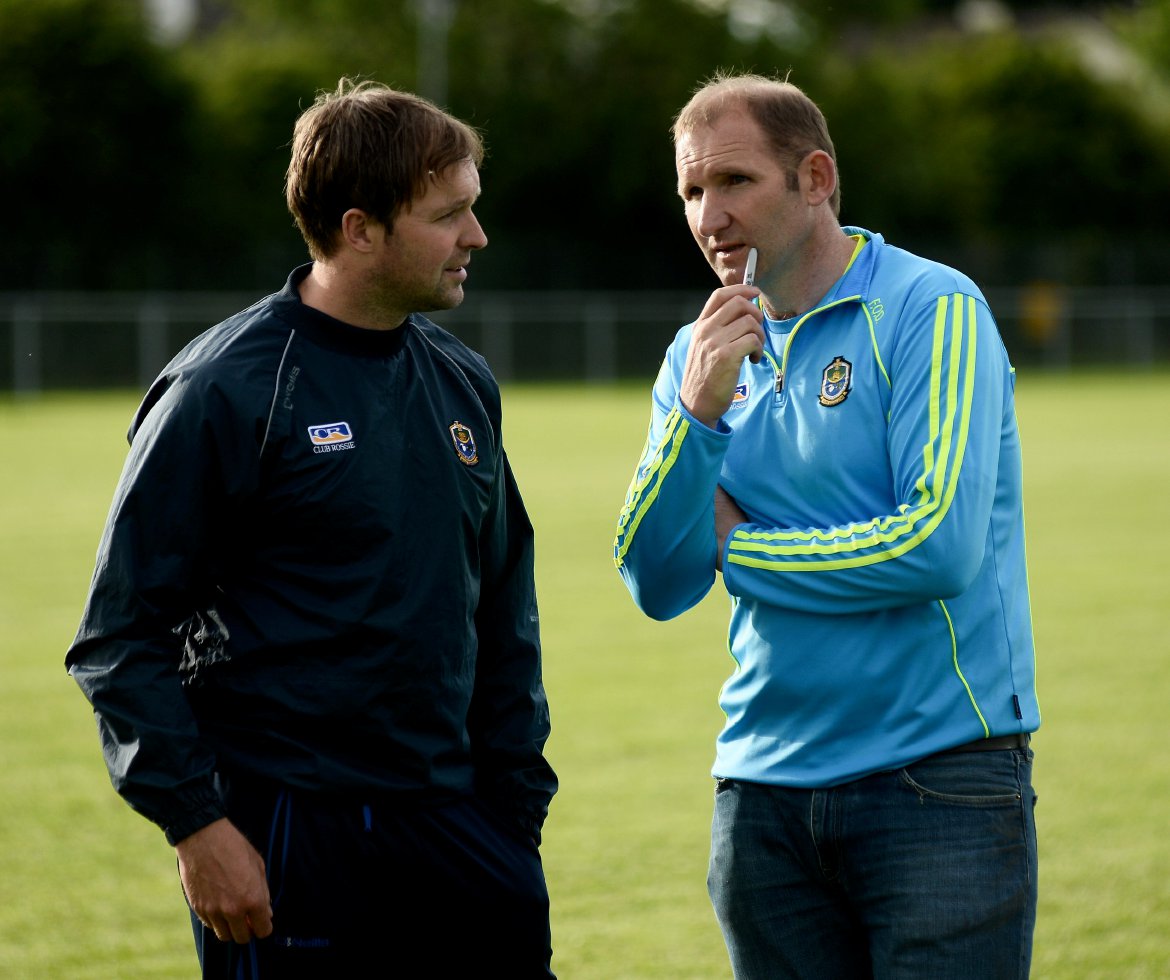I HAD an interesting conversation about coach education during the week and the actual quality and options GAA coaches have in front of them and the ease of gaining qualifications in comparison to soccer.
There were some statistics that emerged in relation to coach education in soccer in Spain, England and Germany. In England, there are 1,178 fully qualified UEFA A (basically top level) coaches. In Germany, there are 5,500 and in Spain, there are, amazingly, 12,720.
Even more alarming is the differences in cost. It will cost you £5,600 to complete the same course while in Germany it’s €530 euro and in Spain it’s €1,200 euro. Surely though, the more top level coaches you have in your country for your particular chosen sport, the better a player and more volume of high quality players you are going to produce?
Now in the GAA, how many proper fully qualified coaches have we actually got coaching teams, whether that is underage or senior teams, in clubs and counties? Are the qualifications we offer in our games sufficient enough to qualify a coach to a decent level?
I am a huge believer in non-stop learning when it comes to coaching and a clubcounty that provides its coaches with an opportunity to learn is without doubt a forward thinking one.
I have been very privileged and honoured to have facilitated a huge number of coaching workshops both here locally (in Newry at St Joseph’s) and throughout the country in various counties and clubs for underage and senior coaches over the past number of years. I will continue to do so and I have a coach education event in Galway this Saturday.
These are all brilliant initiatives by any club and it doesn’t matter what time of the year it is, coaches will hopefully gain a little more knowledge which, in turn, will hopefully lead to them providing a higher quality coaching and training environment for their players. Upskilling at this time of year, just before pre-season, is certainly beneficial.
I am a huge advocate of shared learning or sharing knowledge, I believe it’s an extremely effective way of improving your coaching by picking up ideas, thoughts and coaching methods from other coaches and it’s something I would do quite regularly.
Just last week, at the conclusion to our very successful winter coaching education programme in St Joseph’s, Newry where Marty Clarke, Benny Coulter and Ciaran McKeever all presented sessions, I got speaking to a coach who’d come from Dublin who gave me an excellent idea of how to use bicycle tubes for speed and power work.
Another coach from Donegal talked about how they made the young players pull their socks up on their less predominant side to encourage the young players to kick the ball with that side.
I cannot understand this philosophy we tend to have in GAA where coaches have this policy of covering their homework and don’t share any ideas or good practice with each other; I believe it’s hugely detrimental to the future development of our games.
It simply doesn’t matter if you give someone ideas that they can bring back to their training because it’s not the game or the drill that actually matters, how it’s delivered is the key to really good coaching.
I have banged the drum repeatedly, that coaching is not a science, it’s an art form!
In the workshops I delivered recently, it carried three main themes. The first was about what should effective coaching consist of, the second theme was what should a typical session include and the third was how do we keep our young people involved in Gaelic games.
Over the last month, in our workshops, we were trying to get coaches away from the philosophy of taking the safe option by building the session around drills, but to instead be brave and facilitate a training and learning environment which allowed players to take ownership and work out problems through games.
Marty Clarke’s last session was a prime example of it.
He wanted the young players to get exposed on the counter-attack so set the game up in a specific way that would allow this. His hope was that some of the players within the team would work out what was happening without him saying it and organise themselves to try and cut back on the chances they were coughing up.
Obviously there is a certain amount of time needed in any given session at any level dedicated to skill refinement through drills-based exercises, but the majority of the session now should be games.
In a typical training session now, my warm-up would always involve the ball, indeed the ball would always be at the heart of the session.
At underage level, the majority of the session would be conditioned games, ranging from 3v3 to 15v15 depending on the time of year, the age of your squad, the numbers at training and the level you’re performing at.
Games have so many more benefits in training scenarios. Players are having to constantly think and make regular decisions, more 2v1, 2v2, 3v2 game-related situations arise, helping the players to exploit and create space.
It’s a pressure environment and players are easily conditioned in a relevant game style.
Receive quality journalism wherever you are, on any device. Keep up to date from the comfort of your own home with a digital subscription.
Any time | Any place | Anywhere












